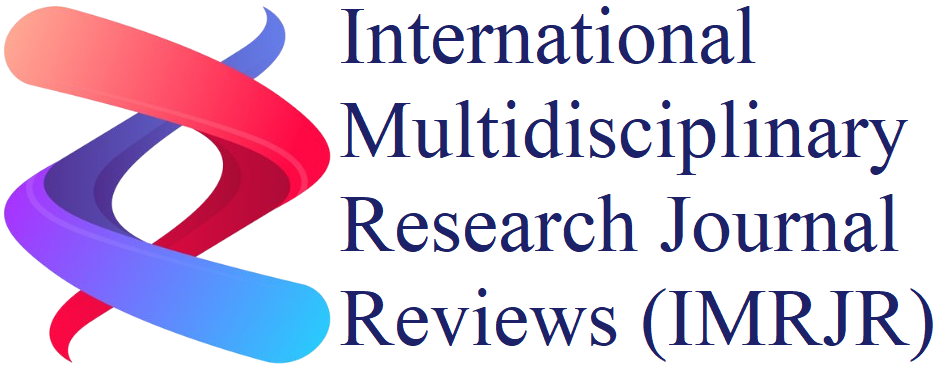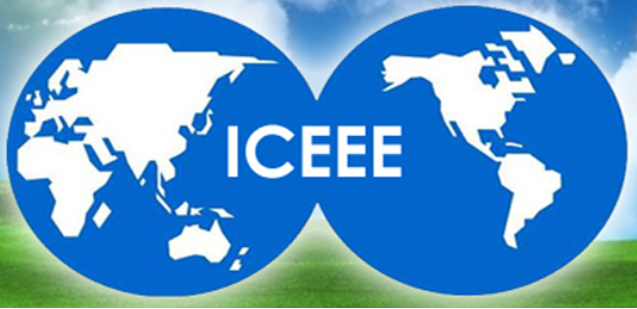Abstract: Whole world is moving around the Information and Communication Technology (ICT). People with intellectual disability (ID) are not untouched with ICT though they are struggling with cognitive impairment and digital divide. In this context this study was conducted to find out the use of ICT by the person with ID in terms of use of computing devices including smart phone, various apps and soft skills by them. Further, the study explored the relationship between learning of ICT with their learning of functional academic and independent living skills and vice versa.
A sample of 150 individuals with ID from an age group of 14 years and above selected based on stratified random sampling. Out of 150, fifty-eight were screened of having exposure to ICT. Finally, 54 individuals with ID participated in the study. The data was collected through a structured questionnaire for collecting basic information, and ICT skill inventory for assessing ICT skill and selected domains of a standardized adaptive behaviour scale to assess functional academics and independent living skills.
The study revealed that out of total sample of 150, less than 40% with ID exposed to ICT, while half of the participants with intellectual disability are using mobile smartphones irrespective of their severity, gender and age. There was a strong relationship between ICT and independent living as well as functional academic skills irrespective of severity of disability, age and gender. Based on severity of disability, individuals with mild ID did not significantly differ on ICT skill from those have moderate and severe ID. With the increase of severity of disability, ICT skill also diminished. There was a gender bias in ICT skill as females showed poor results
Keywords: Information and Communication Technology (ICT), Persons with Intellectual Disability, Functional Academics, Independent Living Skill
Download:
![]() |
DOI:
10.17148/IMRJR.2025.020203
|
DOI:
10.17148/IMRJR.2025.020203
[1] Sandhya Saxena, Amitav Mishra, Ph.D, "Exploring the ICT Skills Among Persons with Intellectual Disability in Selected Cities of Northen India," International Multidisciplinary Research Journal Reviews (IMRJR), 2025, DOI 10.17148/IMRJR.2025.020203

